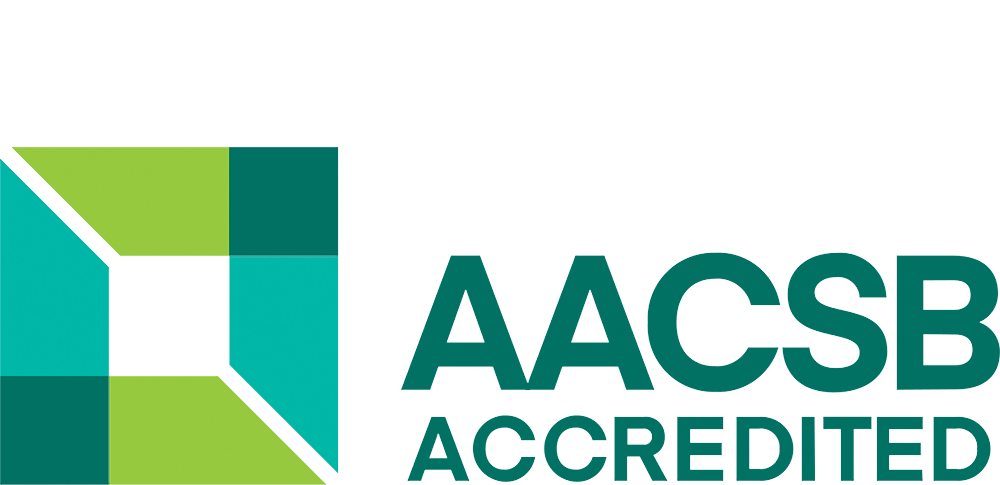
02 Sep 2025
What to do after a bachelor's degree in luxury goods?
Obtaining a bachelor's degree in luxury goods is a key step in an academic career focused on this sector of excellence.
Read the article


04 Jan 2022

Etudiants & apprenants
Formation continue
Some professional competencies are highly sought after by employers. It is very important to know them, so you can make your profile as attractive as possible to recruiters. We reveal all of the key competencies that will help you stand out on the job market.
Professional competencies are abilities bringing together soft and hard skills. These abilities enable an employee to competently manage tasks assigned to them as part of their role. Professional competencies are often listed at the end of a curriculum vitae. Whether they are acquired in your personal or work life, all competencies that are relevant to the profession you wish to exercise must be mentioned, as they can be put to use.
There are several types of professional competencies. They may be developed through professional training, your work experience (in which case, in France, they can be highlighted through the VAE
Our guide to everything you need to know about vocational executive education
This relates to competencies learned over the course of your education pathway, at school, for example. For example, you may have acquired managerial competencies at a business or management school. Abilities developed over the course of a short or long training course are also part of knowledge. These professional competencies are highly sought after by French employers, particularly when they are confirmed by a diploma (validation, qualification, certification, etc.) or training certificate, or are learned at a training centre or high-profile school.
These are the technical competencies that are essential for a specific profession. These competencies are not the same as knowledge. They are not theoretical, but practical, and are developed through your various work experiences. For example, we can consider the ability to manage a group and lead it through change to be a hard skill, rather than knowledge. Expertise in IT or the ability to use a foreign language in a work environment are also hard skills. There is a multitude of hard skills, which vary from one field of activity to the next.
These skills are innate or developed through personal experience. They are directly linked to your personality and your workplace behaviour. They are acquired personality traits. Soft skills are very important during interviews, as these skills are increasingly taken into consideration by recruiters. Non-learned soft skills, such as an ability to manage conflict, can be honed.
Many other types of knowledge and skills are sought in professional settings. Some of them are even essential to exercise a particular profession. Here are a few examples:
You are now familiar with the key professional competencies. Learning how to highlight them is essential in order to get your career off to a good start. We recommend setting aside a dedicated section for them in your CV to win over recruiters. Remain pragmatic and never overrate your competencies. Be specific when talking about competencies, and don’t hesitate to replace them with a complete experience. For example, it is better to write ‘Manager of a team of ten people’ than simply ‘Management’. This type of information is more convincing and concrete in the eyes of future employers.

02 Sep 2025
Obtaining a bachelor's degree in luxury goods is a key step in an academic career focused on this sector of excellence.
Read the article

05 Feb 2020
Whether you are a student in a university or high school, building a professional network is already crucial to improve your current or future professional integration. LinkedIn, family, past professional experiences... are all ways to develop your professional network. But do you know the scope and advantages of a high school alumni association? We will tell you all about it!
Read the article

04 Jan 2022
The principle of diversity in business is a measure to combat stereotypes and discrimination in the workplace.
Read the article
Application
Contact